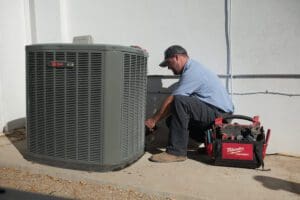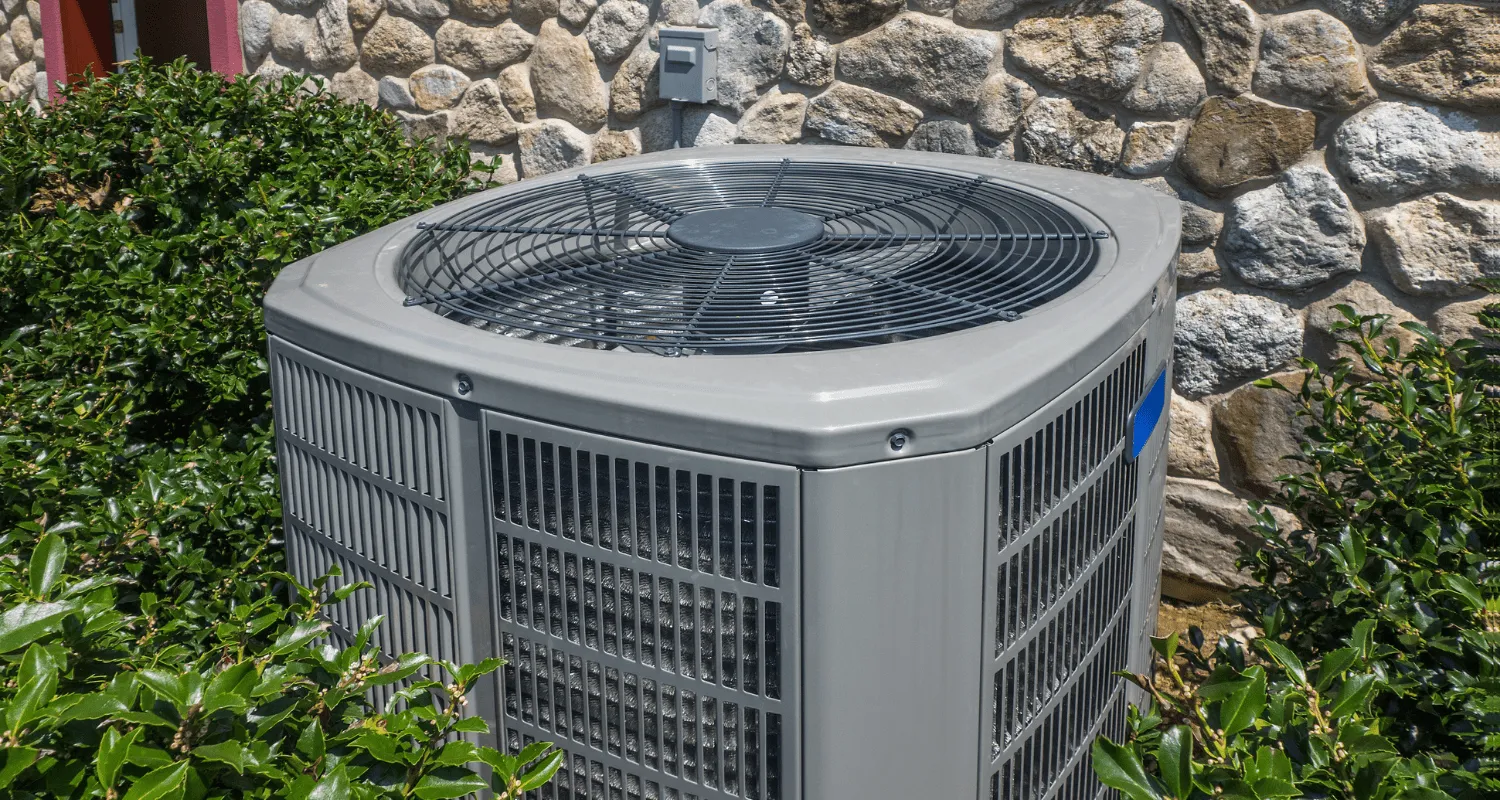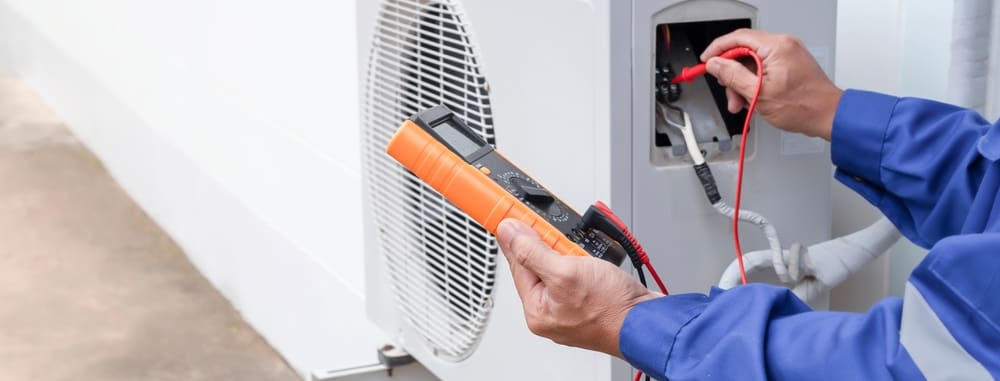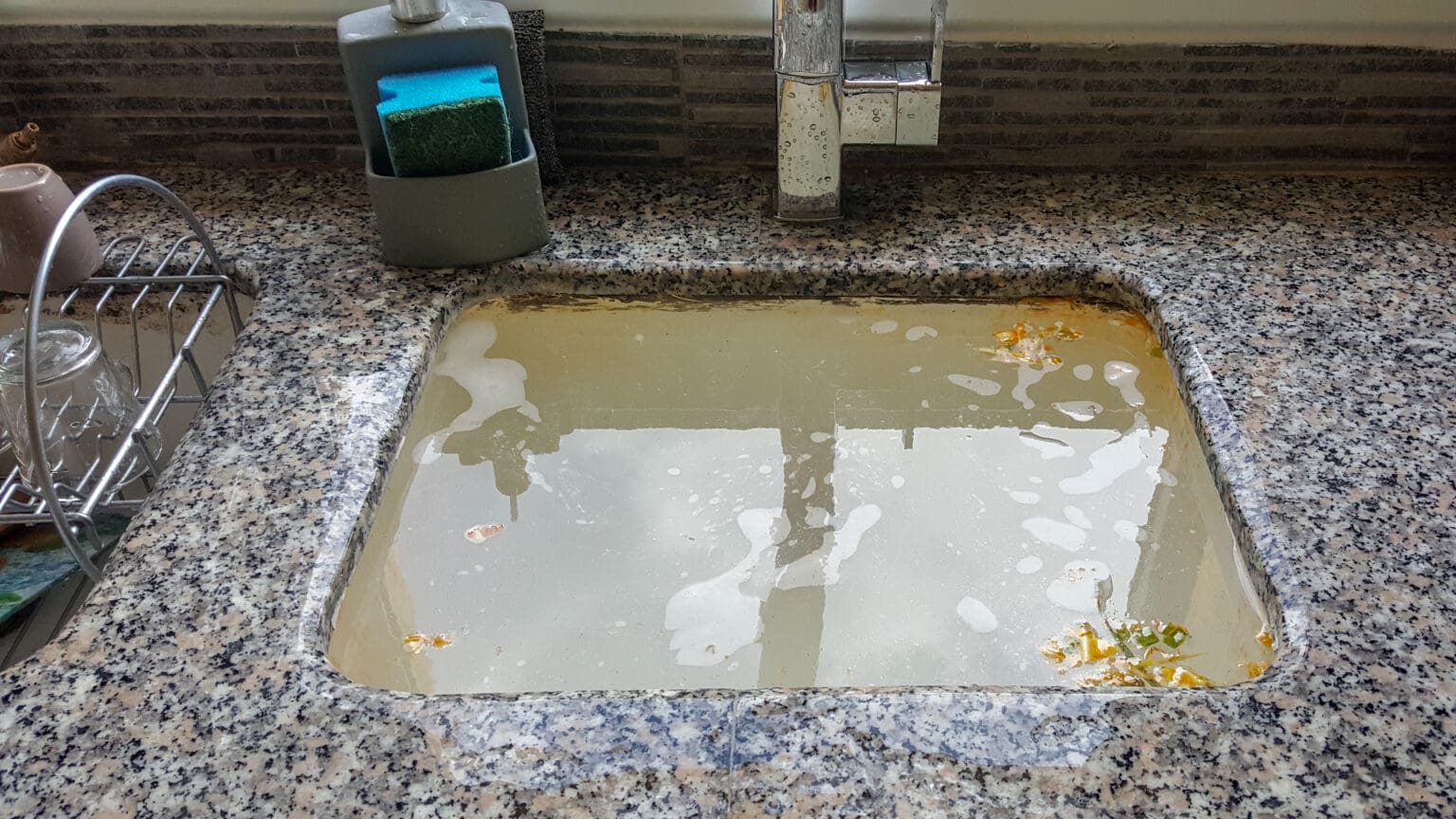A quiet water heater is a quality water heater. Unfortunately, some water heaters in homes throughout the Phoenix area can become quite noisy over the years due to general wear and tear. Popping, groaning, and whining noises are familiar sounds that water heaters begin making when something has gone wrong.
Ignoring a water heater popping sound will only lead to further issues and allow the noise to grow worse if not taken care of, which is why this is a water heater problem you should always seek to resolve as soon as it’s noticed. You may be wondering, “Why is my water heater making a popping sound?”
If your water heater is making a popping, vibrating, or rumbling noise, the likely reason is that there is sediment or scale buildup on the inside of the tank. One of the most common sounds a water heater can make is a popping noise.
Sometimes a gas water heater popping sound can also be a sign that your water heater has excess mineral deposits and sediment at the bottom of the water heater. In gas water heaters, the sediment buildup begins to cause hot spots that damage the tank. The popping sound is steam bubbles escaping the sediment. This issue is common in areas with hard water.
Call the plumbing professionals at Day & Night to quiet your water heater and ensure everything’s back in smooth running order again.
Table of Contents
What Causes a Water Heater Popping Sound After Flushing?
If your water heater is popping, vibrating, or rumbling, the likely culprit is sediment or scale buildup on the inside of the tank. Sediment and scale are just loose minerals that exist in all forms of water. This is especially common in homes throughout Phoenix due to the high mineral content in the local water supply.
While harmless to drink, these minerals get trapped inside your water heater and settle on the bottom, creating a thick layer over time. You may need a Phoenix water heater technician from Day and Night to come out to your house to see if you need a water heater tune-up.
The heating element of most water heaters is located at the bottom, so the settling sediment becomes an issue. The popping sounds you hear after flushing is created by bubbles of hot steam escaping the layer of sediment when your water heater is doing its job. The hot water trapped beneath the sediment layer begins to boil, which leads to popping sounds, much like water boiling over a pot’s lid on the stove.

How Serious Is the Water Heater Popping Sound Problem?
The biggest issue caused by sediment buildup is a loss of efficiency. Hot water is getting trapped below the sediments and the heating element is working harder to push past the boundary of buildup, the whole water heater system is working harder to create the hot water you need. This struggle wastes electricity and raises your energy bills every month.
However, if the problem is left ignored for too long, the sediment buildup could begin causing damage to your water heater.
Over time, this damage could lead to leaks of other types of premature failure. In an electric water heater, the buildup can cause the lower heating element to stop working, leading to a complete lack of hot water and, again, premature failure. That’s precisely why it’s imperative to solve the issue of mineral buildup before it advances too far.
How Do You Fix a Water Heater Making Noise?
Now you know why your water heater is making noise, it’s time to solve the water heater popping sound problem. The solution to this particular water heater problem is draining and flushing the tank itself to eliminate the buildup of debris.
To do this, you’ll need to know a bit about what specific parts are called and where they’re located, so it’s worth your while to obtain a copy of your tank’s owner’s manual to have on hand. It’s a 10-step process that many homeowners with the proper tools and a bit of know-how may be able to complete on their own:
- Turn off the water heater. For a gas water heater, turn the switch to the “pilot” setting. For an electric water heater, turn the tank off at the circuit breaker.
- Locate the cold water supply level and turn it to a 90-degree angle to stop more water from entering the tank while you’re working.
- Connect a garden hose to the tank’s drain valve
- Place the opposite end of the hose beside a basement drain, outside, or anywhere else you can safely drain the hot water
- Open the pressure relief valve and turn on a hot water faucet somewhere in your home to allow water to start leaving via the hose
- Open the drain valve to let dirty hot water exit the tank via the hose – be careful and avoid burns during this step
- After the hot water has finished draining, it’s time to “flush” the system. Close the pressure relief valve and turn on the cold water supply. Turn the cold water supply lever to “open” and “shut” a few times, which helps to loosen up and flush out any sediment that survived the initial drain. Stop when you see only clear water leaving the tank.
- Close the drain valve and disconnect the hose.
- Turn the cold water supply level back where it was, lined up with the cold water pipe. Wait for 10 minutes to allow the tank to refill. Meanwhile, turn on a hot water faucet somewhere in your house to allow any air buildup to escape the hot water pipes. Turn the hot water off once you’re getting clear, consistent water flow.
- Turn the water heater back on at the breaker or turn the gas line back to “on”
That’s it, a simple process to clean the sediment out of your water heater. In general, it’s an easy process, but if you don’t feel confident dealing with this project on your own, the professional water heater repair technicians at Day & Night are here to get the job done for you.
In any case, it’s always better to perform this procedure sooner rather than later when your water heater is making noise. Having your water heater serviced by a professional is always an excellent idea, as this allows a trained technician to give the whole system a once-over and check for any other issues.
 How Do You Prevent Water Heater Sediment Buildup?
How Do You Prevent Water Heater Sediment Buildup?
As is the case with any crucial part of your home’s everyday operations, prevention is the best medicine when it comes to combating sediment buildup in your water heater.
The first and often most straightforward way to prevent sediment buildup resulting from hard water is to have your water heater regularly serviced by a team of professionals. We can handle all types of water heater services, including tankless water heater repair.
During regular maintenance stops, a trained technician from Day & Night can clean any existing sediment from your water heater while keeping an eye out for other potential complications as well.
Another method is installing a no-salt water conditioner at your home’s main water supply, which cuts out the minerals that cause buildup before they enter into the water tank at all.
Because it’s installed at the main water supply, you should always need to work with a professional for this type of job to ensure the project goes smoothly and that your plumbing remains intact.
Contact our Experienced Phoenix Water Heater Repair Technicians to Receive Support
To learn more about preventing sediment buildup and how to handle flushing your system, contact Day & Night Air Conditioning, Heating and Plumbing today. Whether you’re dealing with a water heater popping sound or you simply need a checkup or regular water heater maintenance, our highly qualified and trained technicians are here to give you the quality work you deserve.
Our team of expert plumbers also offer reputable water heater installation services in Phoenix, Arizona and the surrounding areas. Regardless of the severity of your water heater issues, our staff members are available to help you. Schedule an assessment with us today to ensure you’re able to enjoy hot water in your Phoenix home without the noise or complications.



 How Do You Prevent Water Heater Sediment Buildup?
How Do You Prevent Water Heater Sediment Buildup?



